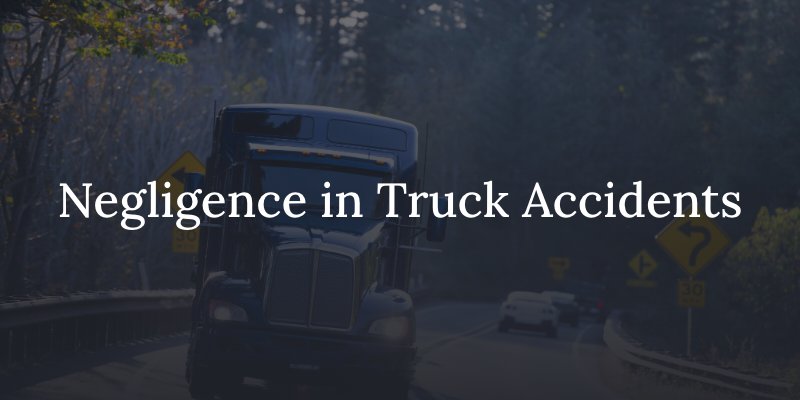Truck accidents often result in very serious injuries. When a collision occurs between a fully loaded tractor-trailer truck weighing as much as 80,000 pounds and a lower-profile passenger vehicle weighing an average of 4,000 pounds, the results are often catastrophic to those in the car. Motorists who suffer serious or even grave injuries in truck accidents deserve compensation for their injuries. Under Missouri’s pure comparative negligence laws, the injury victim must prove negligence on the part of the truck driver, trucking company, or a defective truck parts manufacturer. As a part of a St. Louis truck accident attorney’s investigation, the truck’s black box may play a critical role in determining liability.
What is a Black Box?
Most commercial vehicles include a computerized system to monitor the vehicle’s status, driver safety, and information in the event of an accident. These are very similar to those found in aircraft. Some black boxes monitor and record continuously, while others only engage during a crash. Commonly used “black boxes” in trucks include:
- Electronic Control Modules (ECMs) to check engine status, anti-lock brake efficiency, transmission function, and other systems
- Electronic Logging Devices (ELDs) to monitor the driver’s number of driving hours, how long the truck’s engine runs per 24 hours, the total number of hours a truck is in motion, and the distance traveled
- Event Data Recorders to engage when the system detects a crash, including backtracking to record critical information during the moments before the crash occurred
Event Data Recorders are what most people refer to as the “black box” because it offers key insight into the causes of an accident by noting circumstances preceding the crash such as cruise control status, speed, sudden braking, rapid deceleration, wheel turning, activation of seatbelt tensioners, and airbag deployment.
How Black Boxes in Commercial Trucks Help Determine Accident Cause and Liability
A commercial truck’s black box contains crucial objective evidence after a crash because it records the trip history as well as information that could indicate if a faulty or failed truck part or system caused the accident or if it resulted from driver error. In some cases, the local law enforcement agencies in Missouri download the information and store it as a part of the official record; however, not all jurisdictions within the state have the technical capability to access and store this information.
Often, an experienced St. Louis personal injury attorney can ensure full access to black box information after a truck accident to preserve essential data. Because black boxes belong to the trucking companies and they aren’t under obligation to release it, it’s not uncommon for data to disappear or for companies to block the release of information that could leave them liable for damages.
Gaining access to data on commercial truck black boxes in a timely manner is especially important since most of these devices override the data every 30 days. Older model black box devices may erase evidence after only a few days. An experienced truck accident attorney can often compel trucking companies to preserve this important data.

Proving Liability in Truck Accidents
It can be particularly challenging to determine liability in truck accidents since there are several potential at-fault persons or entities. Proving liability requires gathering evidence to demonstrate the following:
- That the at-fault party owed a duty of care to take reasonable measures to prevent injuries, such as a truck driver’s duty to drive at the speed limit or the trucking company’s duty to ensure that drivers don’t exceed their driving hour limits
- That the party at fault breached this duty through negligence
- That the negligent breach of duty directly caused an injury
- That the injury victim experienced significant damages due to the injury
A commercial truck’s black box can provide the evidence needed to prove liability and recover compensation for the damages caused to others in the accident.

